Eternit billionaire’s asbestos jail term overturned
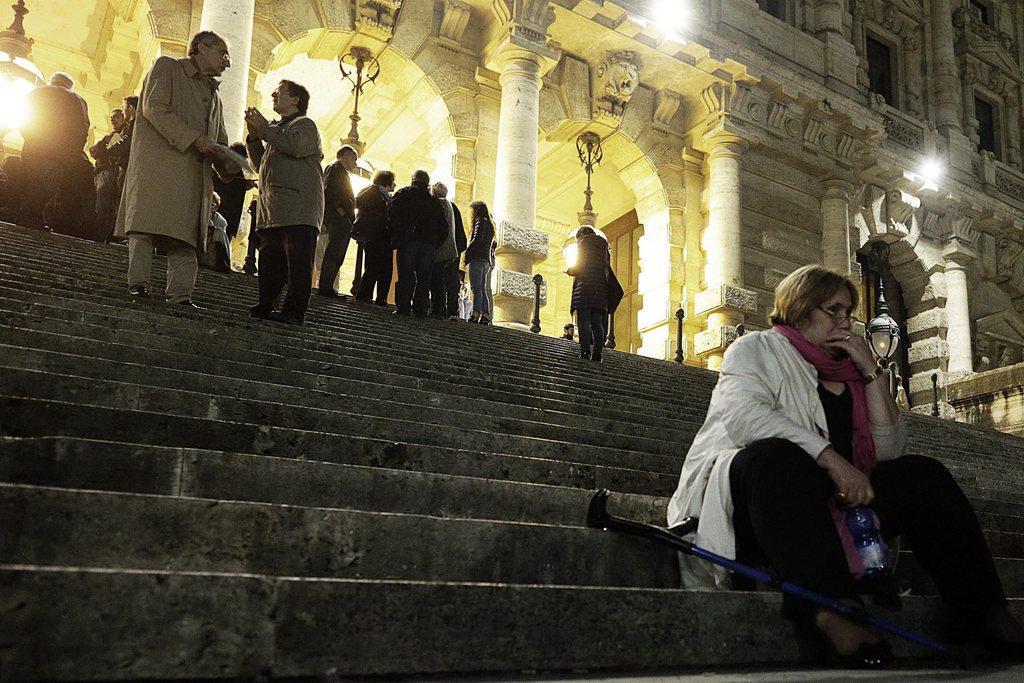
The Italian Supreme Court in Rome has overturned the ruling convicting Swiss industrialist Stephan Schmidheiny for his part in the deaths of factory workers exposed to asbestos.
The court found that the statute of limitations had passed, this making the case invalid. Wednesday night’s ruling comes more than a year after the Turin Court of Appeals sentenced Schmidheiny to 18 years in prison and fines totalling €90 million (CHF108 million). The Swiss billionaire was a majority shareholder in Eternit Genova, a firm that owned four asbestos factories in Italy. The previous ruling held him responsible for the deaths of almost 3,000 people because he had allowed toxic asbestos dust from the production of roofing materials and pipes to circulate on the factory floor.
Such a trial would not have been possible in Switzerland owing to the statute of limitations. Although no changes are planned to the criminal law, the situation could soon change for civil law. But this would probably not be enough for victims of asbestos.
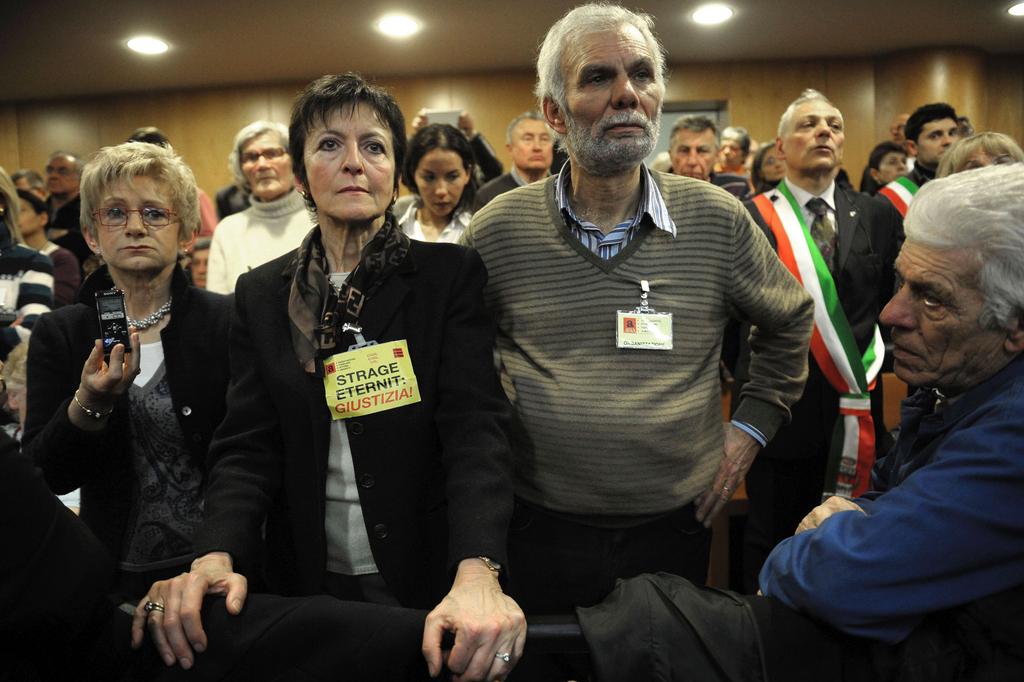
More
Eternit case sparks legal debate
“Shame, shame,” shouted people who attended the hearing. Many were relatives of the victims.
Elisabeth Meyerhans Sarasin, Schmidheiny’s spokeswoman, expressed surprise at the acquittal – “considering the campaign against [him] in Italy”. In a statement released post-verdict, Schmidheiny’s defence said, “The Supreme Court’s ruling proves that the Eternit trial in Turin repeatedly and massively violated both the right to a fair trial pursuant to Article 6 of the European Convention on Human Rights (ECHR) as well as the principle of ‘nulla poena sine lege’ (‘no punishment without law’) pursuant to Article 7 ECHR”.
Reactions on both sides of the border
Italian Prime Minister Matteo Renzi told Italian radio station RTL that something like the Eternit matter either “isn’t a crime, or if it’s a crime but time-barred that means it’s necessary to change the rules regarding the statute of limitations”.
He added, “It’s not possible that in some instances there are rules that, with time, leapfrog the demands of justice – because there are no time limits on pain and grief”.
Back in Switzerland, the Tages-Anzeiger and Der Bund newspapers said that although Schmidheiny’s “nightmare” was over, his reputation was tarnished.
“He was an outstandingly good industrialist in Switzerland, perhaps the best in the 20th century. And yet this flaw remains even after the ruling: by only gradually phasing out the asbestos-laden Eternit production, he knowingly took into account that more workers would be harmed in the factories,” said the newspapers, which both ran the editorial.
In the statement released after the Rome ruling, Schmidheiny said, “I myself have the certain knowledge that ending asbestos processing at an early stage is the best and most important achievement of my entrepreneurial career”.
The Neue Zürcher Zeitung pointed out that Italy’s federal prosecutor had failed in its “strategy to deal with asbestos damages through criminal proceedings against individuals” – essentially by pinning all the blame on Schmidheiny.
Yet the newspaper suggested that this would not be the end of the Eternit story, noting that “because the acquittal was mainly for formal reasons, it’s unclear whether … the whole palette of allegations is ‘settled’”.
“The Turin public prosecutor’s office is known to be conducting further criminal investigations,” noted the statement from Schmidheiny’s team. “The defence expects the Italian state to now protect [him] from further unjustified criminal proceedings and to cease all current proceedings.”
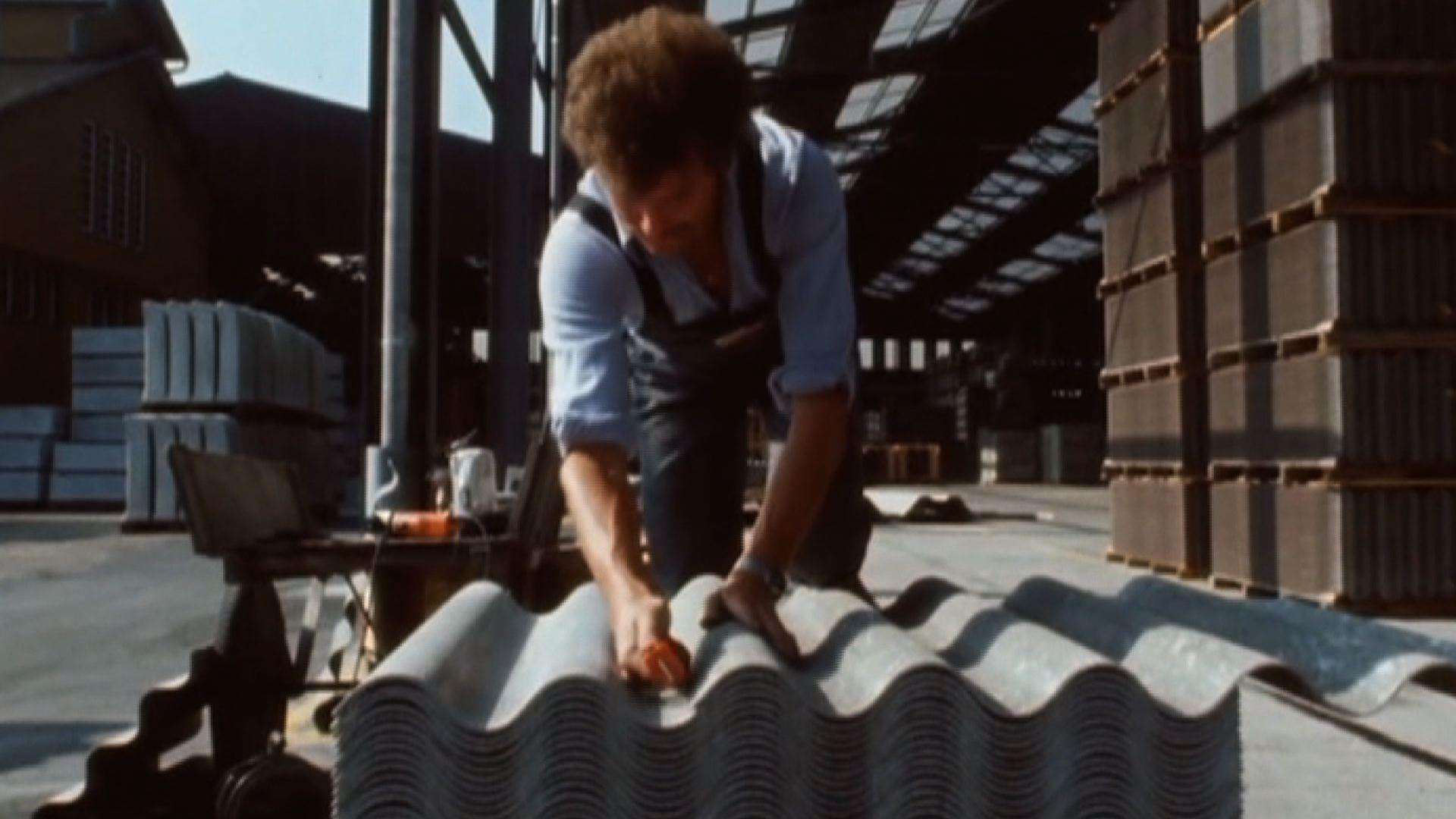
More
Looking back at the Eternit case

In compliance with the JTI standards
More: SWI swissinfo.ch certified by the Journalism Trust Initiative
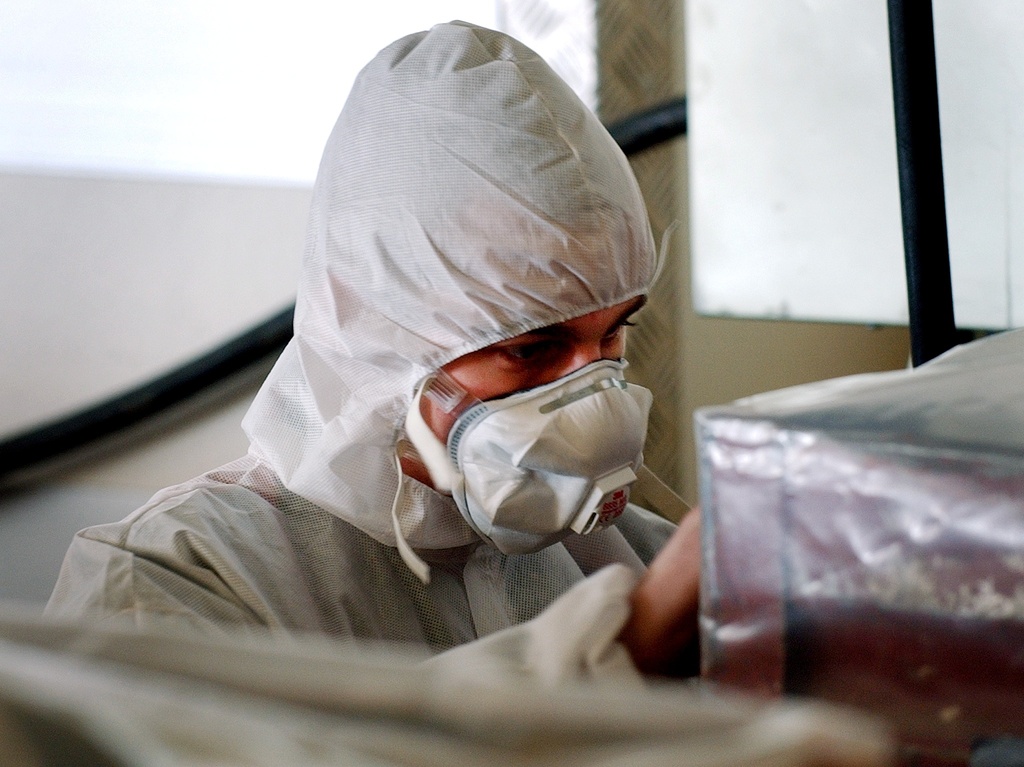
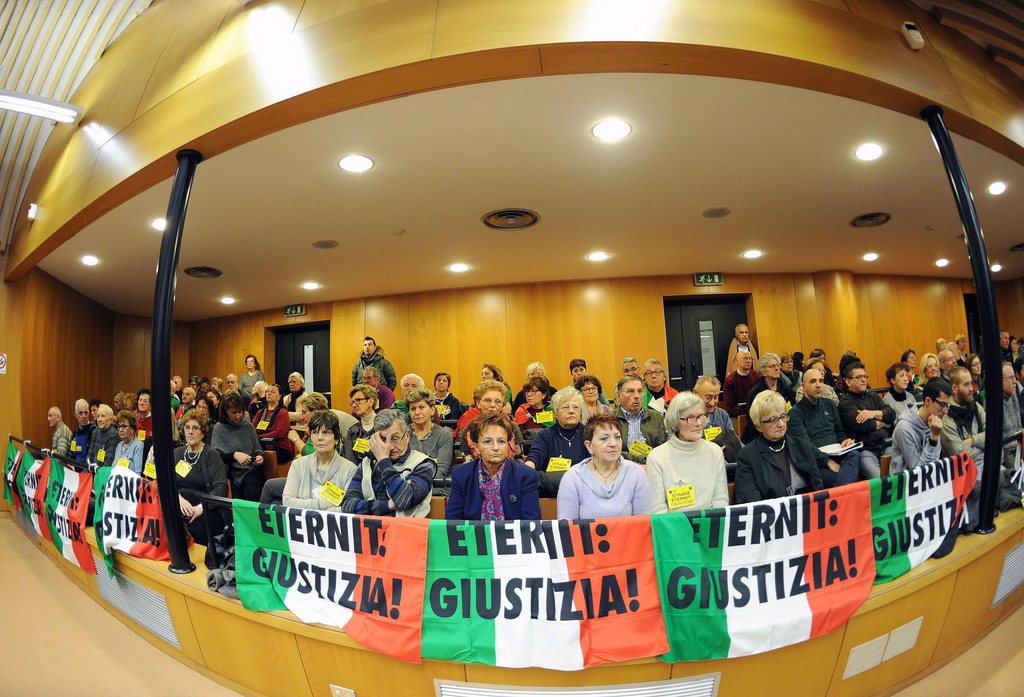
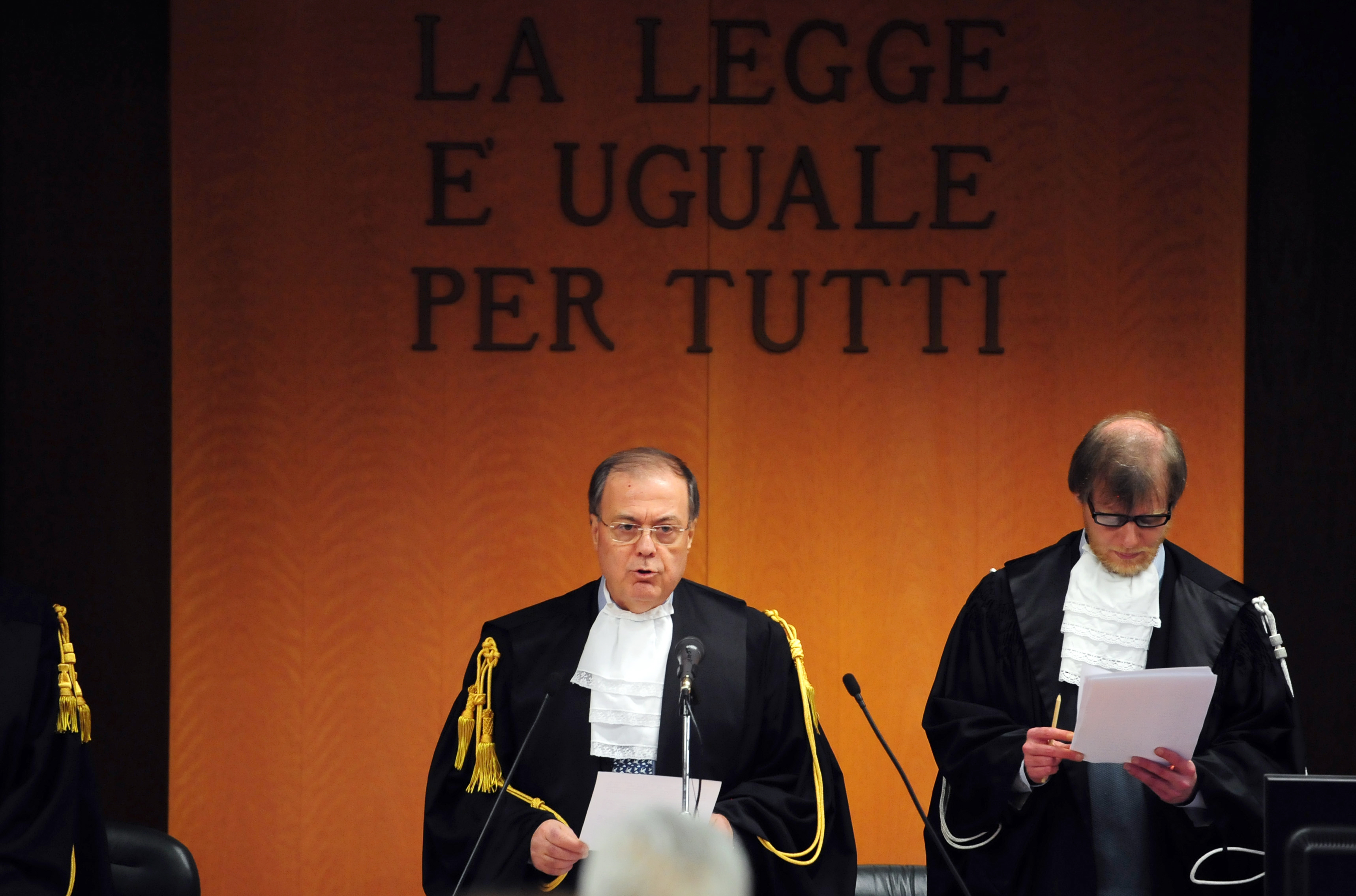
You can find an overview of ongoing debates with our journalists here. Please join us!
If you want to start a conversation about a topic raised in this article or want to report factual errors, email us at english@swissinfo.ch.